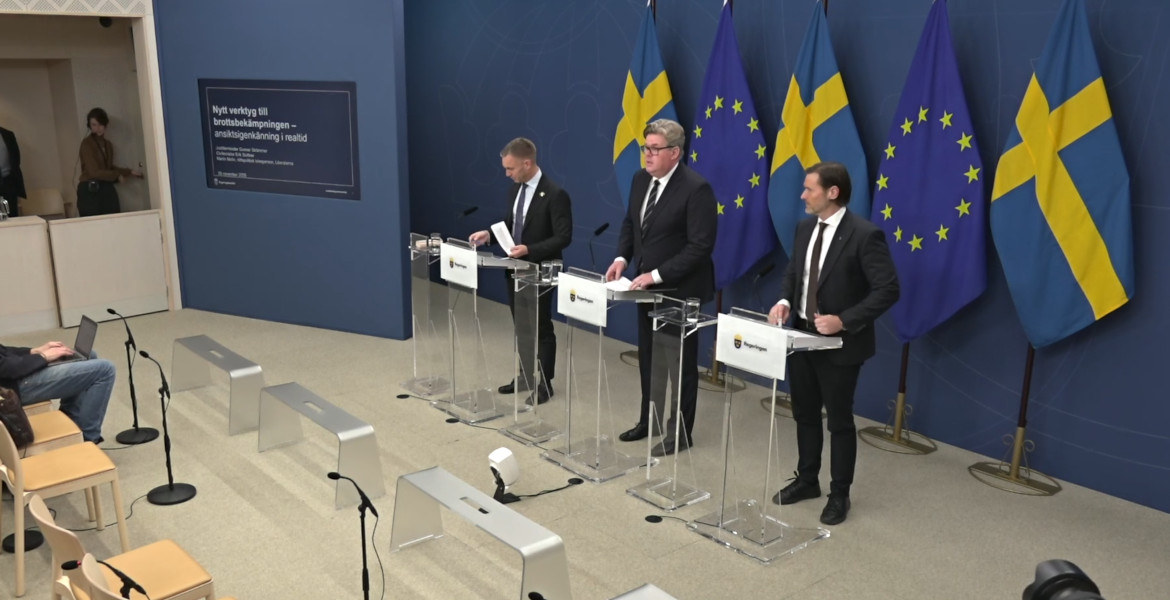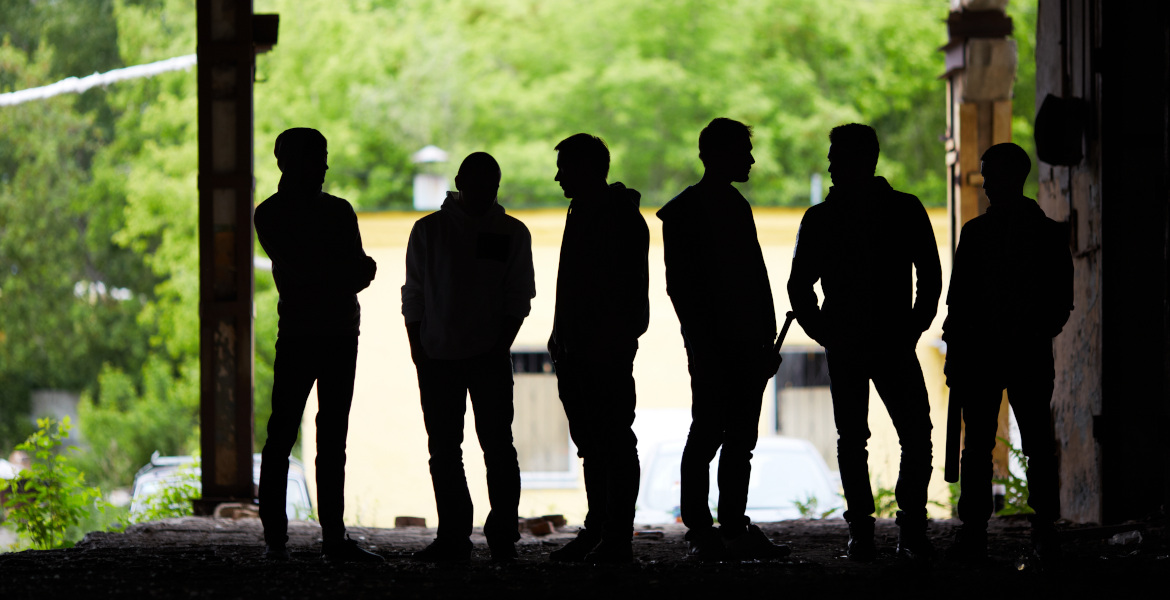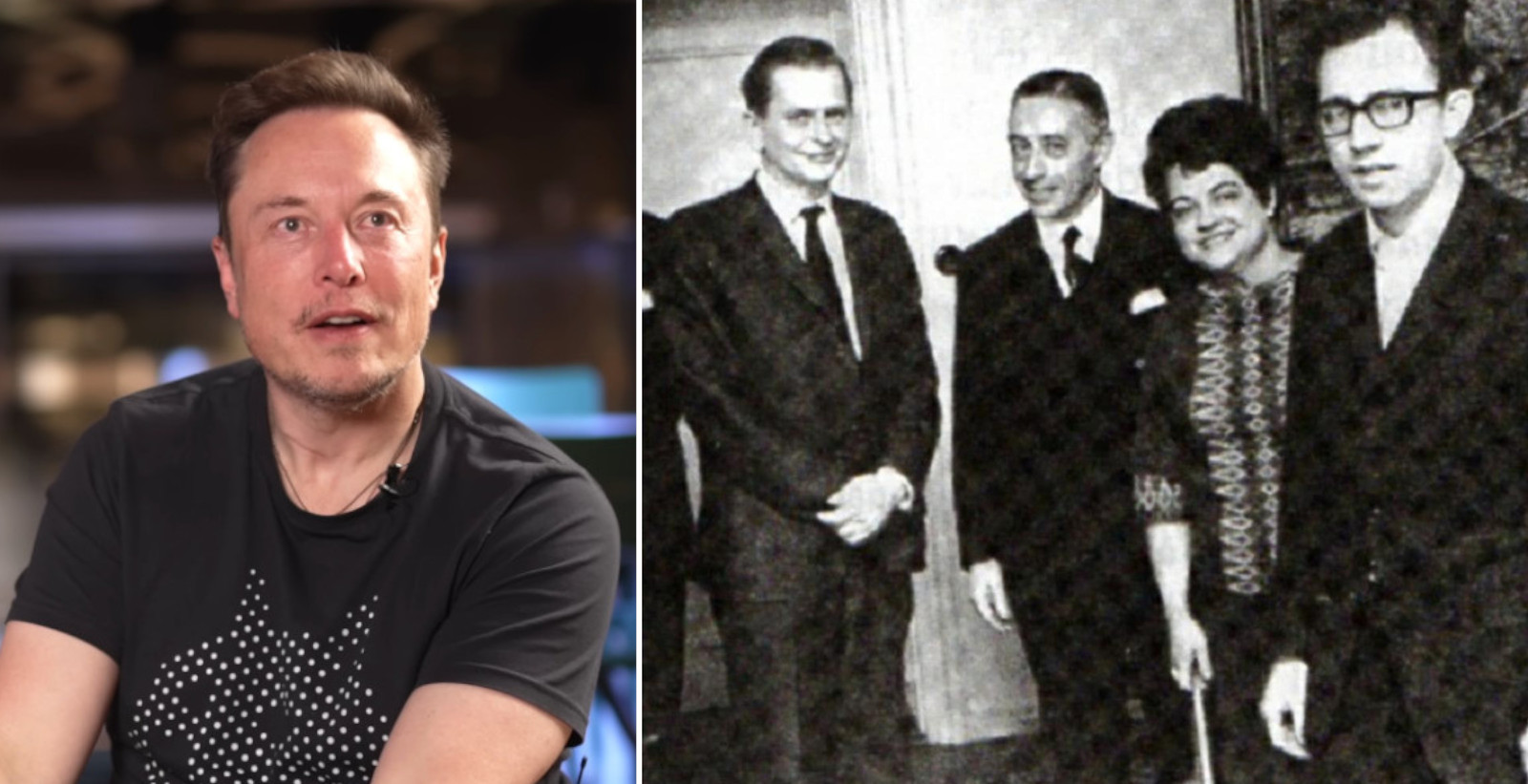One in three Swedish police officers experience a culture of silence in the workplace, with many testifying that they have been punished for expressing unpopular opinions.
– You have to guard your place in order to be able to take the next step in your career, says Patrik Thunholm, who has written a master's thesis on the culture of silence and the climate of discussion in the Swedish police.
Thunholm is a police officer himself but has written the thesis via a business administration course at University West and the results are bleak.
– In previous surveys of both the Police Authority and the unions, about a third say that there is a culture of silence. My survey shows the same thing: roughly one third experience limitations in expressing themselves at their workplace, he says to Polistidningen.
He has defined a culture of silence as "a climate where people sometimes refrain from communicating with colleagues and managers in work-related contexts". To find out what the actual situation is, he organized a workshop, read documents, conducted a survey and interviewed police officers in different positions.
Punished in different ways
A number of police officers also described how they were punished after expressing opinions that their superiors did not like.
– When retaliation comes from managers, employees may be deprived of further training, stalled salary progression, poor references or limited opportunities for overtime. This can lead to employees keeping quiet and not daring to say what they really think, says Thunholm.
Several also testify to how "yes men" are rewarded and can more easily make a career in the police than those who question and are uncomfortable. Several testify that "informal leaders" often decide what is acceptable to say and what is not, and that those who "say the wrong things" can be made invisible, ridiculed, ostracized or subjected to rumors - as well as being singled out as negative or disloyal.
– Many people talk about the fact that there are certain things that give status in the group. Being a police officer gives more status than being a civilian employee, being a man gives more status than being a woman and being more experienced also gives higher status. An informal leader often has these kinds of status markers and can distribute the word and show who should be listened to.
"Change is needed from the top"
– Some talk about not daring to expose themselves to fellow managers, not daring to express anything, but being expected to follow the rules of the management team. "You have to guard your place in order to take the next step in your career, he continues.
According to Thunholm, there are several cultures of silence within the Police Authority and it is important to start talking about the problem.
– I think it's important to unify the picture of what we're talking about - is it the climate of conversation, that people keep their backs to each other or that it's a risk to go to the media? Then we need to identify how big the problem is ... It has to start from the top and trickle down. The will has to be there at the top. I find it hard to believe that initiatives from below will solve this.





